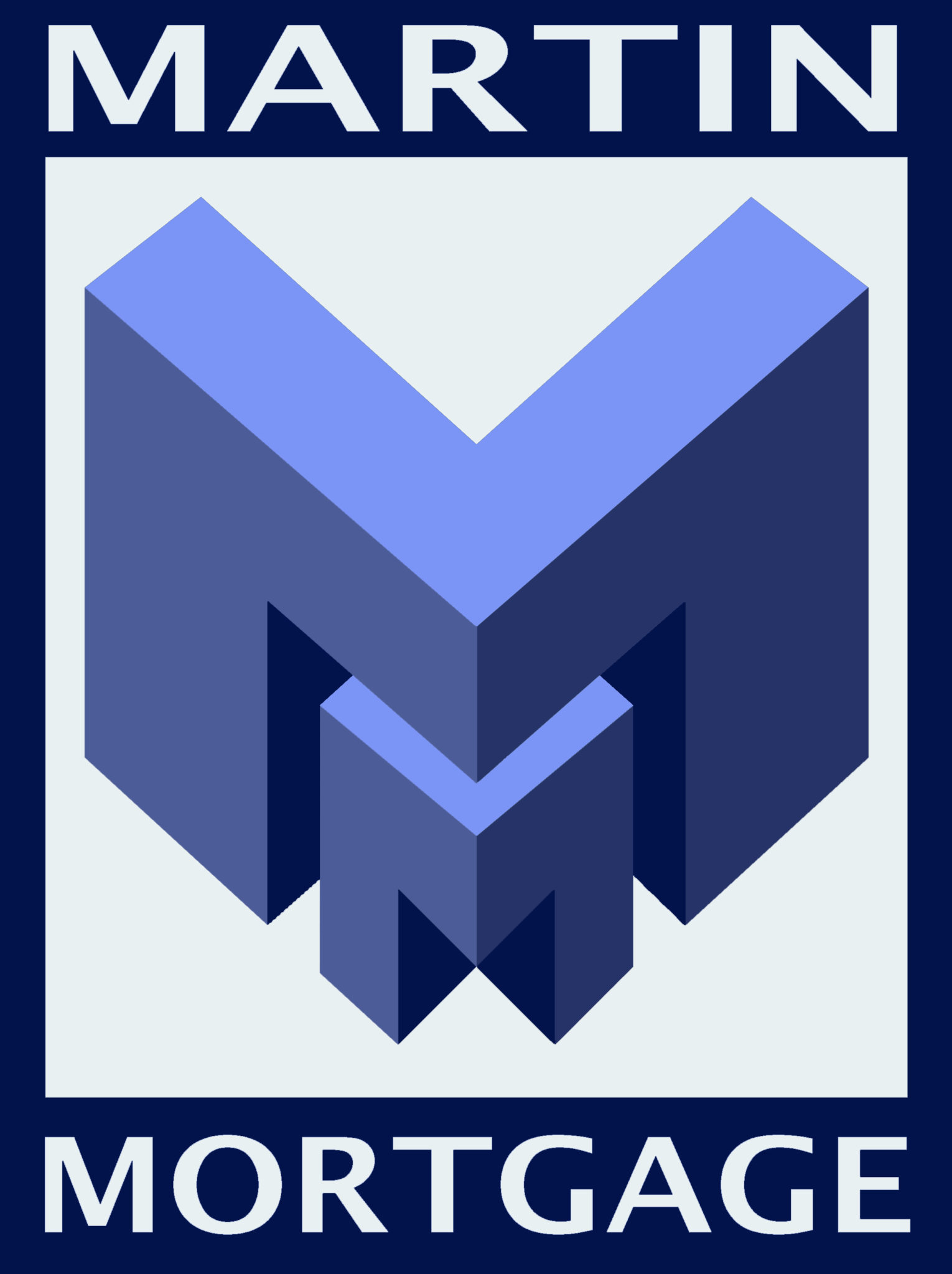TYPES OF MORTGAGE LOANS
Conventional: 2 types are conforming and non-conforming
Conforming to the standards of Federal Housing Finance Agency (FHFA)
Conforming loans are purchased/insured by Fannie Mae and/or Freddie Mac
Typically for good to excellent scores, larger down payments
Flexible terms, 30 year most common
Guidelines depending on credit score, debt/income ratios, down payment, and loan size.
Non conforming loans do not meet the FHFA standards
- Most common are Jumbo loans and are riskier; therefore not purchased/insured by Fannie Mae/Freddie Mac
Conventional loan positives:
- can be used for purchasing primary, vacation, and investment properties
- can put down as little as 3% for first time home buyers with good/excellent credit scores
negatives:
- need higher credit scores
- debt to income requirements are lower compared to other loan options
- private mortgage insurance required if down payment is lower than 20%
- 25% down payment offers most competitive interest rate
Jumbo loans:
These are for loans that are over the conforming guidelines. (currently for 2024 = $766,550 or higher for higher cost areas)
Higher risk loans, higher rate (not insured by the FHFA)
Often for buyers with excellent credit, low ratios, assets for reserves
*There is an opportunity to break down the loan amount to match max conforming with a 2nd lien to stay below jumbo loan limits.
Government – backed loans:
These are loans that U.S. government backs these loans (insures the loans for the banks/investors) who follow specific guidelines.
FHA loans are insured by Federal Housing Administration (FHA).
- Down payment requirement is 3.5% of the sales price.
- Scores can be as low as 580; even lower score with bigger down payment.
- Mortgage insurance is required despite down payment; must refinance to conventional to remove (mortgage insurance protects lenders from default with the lower down payment)
- Lower loan amount than conforming (can’t borrow as much)
- Debt/Income ratios are more flexible with higher credit scores
VA loans are insured by the U.S. Department of Veterans Affairs (VA).
- Only available for eligible members of the U.S. military (active, veterans, and surviving spouses)
- Zero down payment
- No mortgage insurance
- Upfront funding fee is paid and added to loan – this goes to the VA to insure the loan.
USDA loans are insured/guaranteed by the U.S. Dept of Agriculture (USDA a.k.a. Rural Development)
- Borrowers with low to moderate income qualify
- Location specific for eligible properties (rural/outside the major city limits)
- Zero down payment
- Lower credit scores can qualify
- Lower debt/income ratios required
- Lower mortgage insurance required
Positives to government backed loans: flexible credit and down payment; lower interest rates for higher credit scores vs. interest rates for conventional (but has mortgage insurance)
Negatives to government backed loans: additional costs for mortgage insurance, funding fee or guarantee fee; borrowers have loan limits, area limits, or must be a service member
Fixed rate mortgage: Mortgages that maintain the same interest rate over the life of the loan. Principal and Interest always stays the same making budgeting easier, and buyer can choose the term (30 year most popular).
Adjustable-rate mortgage (ARM): Mortgages with interest rates that change over time, according to the market. These typically start with a lower rate, then moves up or down in intervals. These benefit those who don’t intend to stay in the property long term or in a high market that may go down later when refinancing is an option for a lower fixed rate. May also benefit those who anticipate income increases and need to start with a lower payment.
Portfolio loans – These are loans that the bank keep in house and service themselves. Servicing loans means accepting monthly payments and keeping track of timely payments, assessing fees, etc.
Renovation Mortgages – This loan product can be used when purchasing a house that requires updating or increase of square footage OR when your current home needs renovation whether cosmetic or due to natural disaster.
Construction Loans – These loans are for those who may want to purchase lot/land (or already own it) and obtains a loan the construction of the home based on plans and specifications of the chosen builder. Shorter term loan that converts to permanent mortgage financing once there is a house to back the loan.
Physician Loans – These loans are tailored for those in the medical field who often have significant debt that makes it difficult to qualify for a traditional loan. This loan allows flexibility for income/assets/credit/debt.
Community Helper Loan (Good Neighbor) – These loans are geared toward those who work in the community such as fire fighters, police officers, teachers…often in areas that benefit from these professionals buying homes.
Non – qualifying loans – These loans are independent of the Consumer Financial Protection Bureau, so their guidelines are much more flexible. The credit and income requirements allow borrowers to qualify for certain loan products with unique situations – such as inconsistent income, jobs, recent bankruptcies, foreign nationals, etc. They do come with higher down payments and interest rates.
Questions to ask when considering the best mortgage option for your family:
Credit score – what loans are available to you due to credit score?
Down payment – available funds, gift option from family?
Ratios to cover mortgage payment after debts
How long do you intend to be in the house?
Do you prefer stable payment or riskier with lower starting rate?
